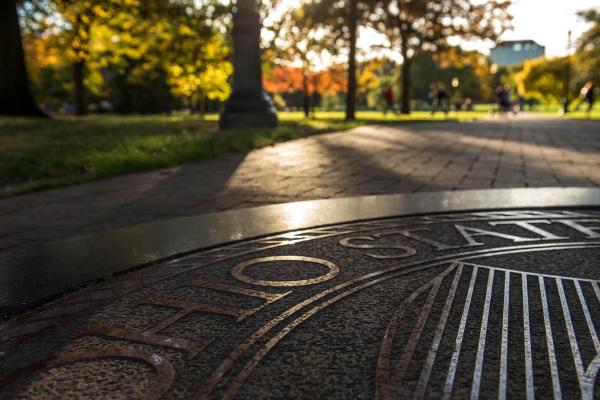Turkey in relation to Syria and ISIS

Turkey has not yet engaged militarily in the conflict against ISIS, but they are under considerable pressure from the rest of the coalition against ISIS to contribute more to the fight (1). Ankara is determined to end the Bashar al-Assad regime in Syria, and will not engage further militarily until other coalition countries agree with Turkey on this issue. Ankara insists that the only way to fight ISIS is to also combat the Assad regime, seeing the Assad regime as a main cause of the rise of ISIS (2).
Turkish president, Erdogan, has continually insisted on creating a no-fly zone in in Syria near the southern border of Turkey. Having this region available would allow for training troops as well allowing coalition troops access to a Turkish air base, a much more convenient option than the bases that are currently being used in Gulf states. This ease of access and training space would allow for both the ability to topple the Assad regime and to fight ISIS (2).
After a recent conference in Brussels attended by more than 60 countries, Ankara appeared hopeful that other countries, particularly the United States were joining their position on Syria, especially the need for a no fly zone. However, the stated position of other countries, including the US does not indicate this. Secretary of State, John Kerry, stated during a press conference that “it is premature to suggest at this moment of time that we are close to making a decision or moving forward with any form of a safe zone or a buffer zone” (3). The conference further implied that the US currently has no intentions of interfering in Syria, as the no-fly zone would do, and only intends on “degrading and destroying” ISIS (3).
Turkey has also been accused of not doing enough to stop or possibly even being complicit with the actions of ISIS . There have been accusations against Ankara that they are letting weapons pass freely through the border. An investigation from Deutsche Welle shows goods that are being transported from Turkey into areas controlled by ISIS and being bought by middle men. Accusations against Turkey say they know about these transactions and do nothing to stop them from occurring (4). There is also considerable pressure for Turkey to stop foreign fighters from entering into Syria, which they are currently accused of not doing enough to stop (1).
These allegations against Turkey have become more prevalent after a recent car bombing in Kobani. The British-based Syrian Observatory for Human Rights as well as the Turkey’s Kurdish party claim the car involved in the bombing came from Turkey. Ankara has adamantly denied these claims (5). Some analysts believe these accusations are being used to pressure Turkey into military involvement against ISIS (3).
(1) http://english.alarabiya.net/en/News/world/2014/12/08/EU-to-press-Turkey-for-help-in-anti-ISIS-fight.html
(3) http://www.al-monitor.com/pulse/originals/2014/12/turkey-syria-policy-not-expected-revise.html#
(4) http://www.juancole.com/2014/12/daeshisil-weapons-fighters.html
(5) http://www.reuters.com/article/2014/11/29/us-mideast-crisis-kurds-kobani-idUSKCN0JD06R20141129
